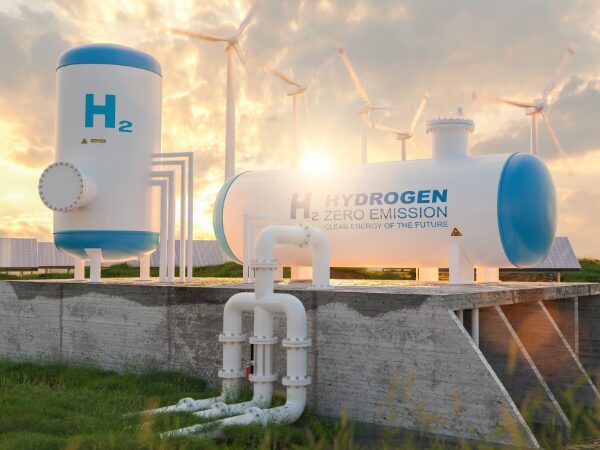New Clean Hydrogen Tax Credit on the Horizon
A new tax credit, the clean hydrogen tax credit, may be on the horizon for businesses that invest...

Chatbots or computer programs designed to assist human users, have made an impression among users, raising questions about the mechanisms behind its function. In this article, we will dive into the architecture and uncover the mystery behind chatbots.
RecallM is the groundbreaking mechanism behind chatbots designed to address the challenge of creating a long-term memory mechanism for Large Language Model (LLM)-based chatbots. The ideal long-term memory mechanism for LLMs should enable continual learning, complex reasoning, and the ability to understand sequential and temporal dependencies. RecallM aims to achieve this by moving some of the data processing into the symbolic domain using a graph database instead of a vector database. This innovative approach allows for capturing and updating advanced relations between concepts that are difficult to achieve with traditional vector databases.
The core innovation of RecallM lies in its use of a lightweight, temporal, neural architecture to handle advanced relations between concepts, which is not feasible with a vector database. It leverages a global temporal index counter to model temporal relations, enabling the system to understand the temporal context of the information it stores.

RecallM is equipped with two primary processes: knowledge update and questioning the system. The knowledge update process involves extracting concepts and concept relations from natural language text, stemming the concepts to prevent duplicates, and storing them in a graph database. This process builds a complex and persistent knowledge graph over time.
In the questioning process, RecallM uses essential concept labels from the user’s query to retrieve relevant contexts from the graph database. It employs a graph traversal algorithm to navigate the graph, considering temporal constraints and concept relations to provide a comprehensive response to the user’s query.
Furthermore, RecallM introduces the concept of Hybrid-RecallM, which combines RecallM with a traditional vector database approach. This hybrid architecture leverages the strengths of both systems and uses a discriminator model to select the most appropriate response, offering a balanced approach to question answering.
RecallM has been evaluated through various experiments. It has demonstrated its ability to update the intrinsic beliefs of the LLM by ingesting knowledge from external sources, improving truthfulness and informativeness in responses. Additionally, RecallM has been tested on the DuoRC dataset for in-context question answering, achieving competitive results compared to vector database approaches.
Future improvements for RecallM include addressing pronoun resolution, implementing dynamic temporal window mechanisms for questioning, integrating reasoning systems, and enhancing natural language interaction. These advancements have the potential to make RecallM a fundamental component in modeling long-term memory for Artificial General Intelligence (AGI) systems.
Companies that are innovating in this sector are likely to be eligible for several funding programs including government grants, and SR&ED.
Want to learn about funding opportunities for your project? Schedule a free consultation with one of our experts today!
Explore our latest insights
More arrow_forward
A new tax credit, the clean hydrogen tax credit, may be on the horizon for businesses that invest...

The Clean label has transitioned from trend to a lifestyle placing pressure on the food and bever...

The Industry 4.0 represents a blend of two industries: information technology and manufacturing. ...

Provincial governments are slowly unveiling their provincial budgets outlining fiscal strategies ...